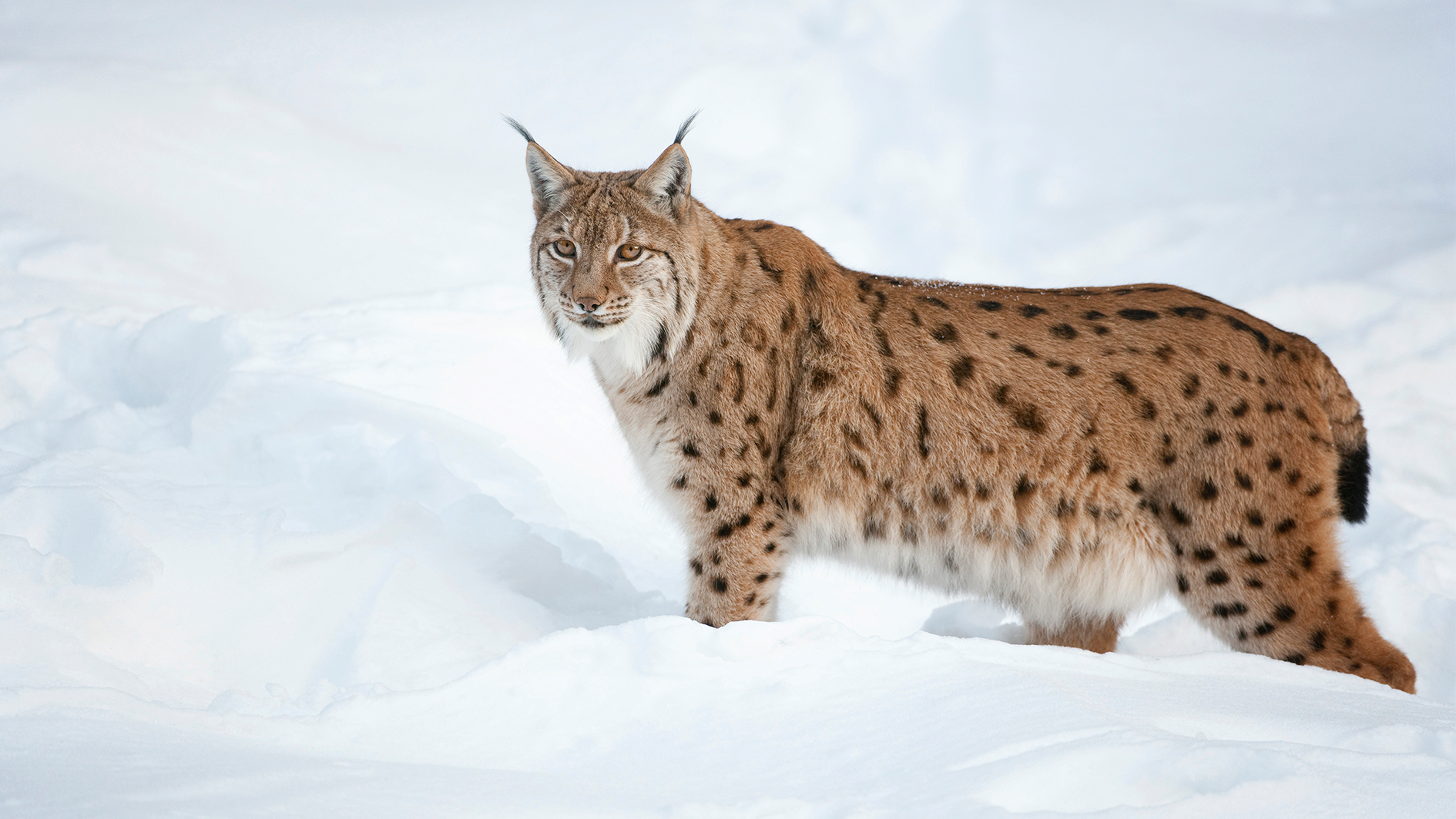
A lynx that was illegally released into the Scottish Highlands has died despite the best efforts of experts who captured and attempted to save it.
On Friday, January 10, officials from the Scottish Police confirmed that they’d managed to track down and capture two lynx spotted in the Cairngorms National Park, a popular spot for hiking in Scotland.
The wild cats, which became extinct in the UK 1,000 to 1,500 years ago, were tracked down using trail cameras, and humanely captured in a collaborative effort between the Royal Zoological Society of Scotland, local police, and Cairngorms park rangers.
While the pair were initially believed to be in good health, the Royal Zoological Society announced on Saturday, January 12 that one of the animals had died.
“After extensive efforts to capture these animals safely and humanely, we were very sad to discover that one of them has died overnight,” said Dr Helen Senn in a statement.
“We do not yet know the circumstances behind its death but will be carrying out a post-mortem to try to establish what happened.”

Officials had been working hard to track down another pair last week that had been spotted near the Highlands town of Kingussie.
These two were also captured quickly and humanely using trail cameras and bait.
Police believe that all four lynx were illegally released together.
Calls to re-introduce the once-native Eurasian lynx in Britain have grown louder in recent years. Advocates claim a wild lynx population could redress issues with Britain’s eco-systems and restore biodiversity to nature areas like the Scottish highlands.
David Field, chief executive of the Royal Zoological Society, thinks the illegal release could be the work of rogue rewilders.
"Sadly, there are rogue rewilders out there who bypass all the established international best practices," he told the Guardian.
"That’s really sad and that’s a real, real risk."
What are lynx?
Found in forests and mountainous areas across Europe, Asia, and North America, lynx are medium-sized wild cats.
There are four species of lynx. The large Eurasian lynx can grow to the size of a labrador dog. The deceased lynx was reportedly Eurasian.
Despite their size, wild lynx aren’t typically dangerous to humans. They tend to prey on small mammals like rabbits and hares, birds, and larger species like deer.
- The best hiking boots 2025 keep your feet warm, dry, and protected on the trails with our top choices
- The best hiking boots and shoes for wide feet 2025 stride out with confidence in well-fitting footwear







